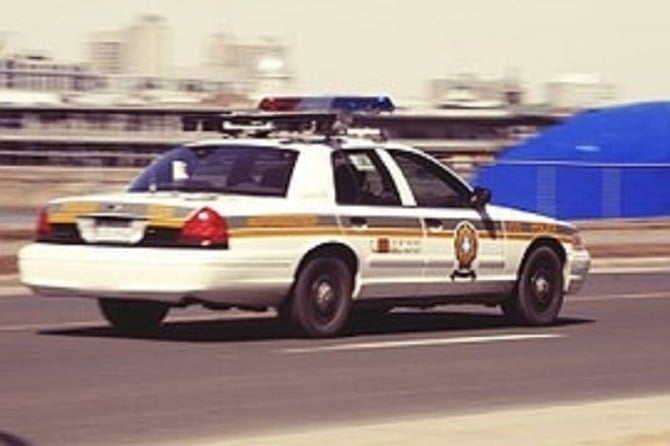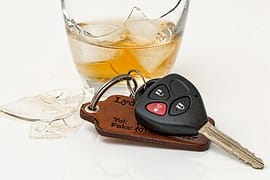What Are The Best Defenses To A Maryland DUI Charge?

Any criminal charged brought in the state of Maryland may also have logically accompanying defenses. For example self-defense in an assault case, or a good faith claim of right in an alleged theft case.
In my Attorney Eric T. Kirk view there are three defenses to a DUI charge in Maryland that are the most effective in the appropriate circumstance.
- The officer did not have a basis to pull the driver over and hence commence and DUI investigation.
- The defendant wasn’t operating the motor vehicle.
- The breath testing equipment wasn’t maintained or operated according to law.
Of course, in any criminal case, the ultimate defense is “I didn’t do it.” In a DUI case that would mean the State failed to prove the individual was operating a vehicle while under the influence. With the comprehensive use of breathalyzers and conclusive presumptions under the law that a blood alcohol concentration above .08 means someone was under the influence -no matter how they behaved- coupled with the nearly universal use of body cameras, the State will usually be able to make out its case if they choose to prosecute it. Where the defense is centered on a collateral or peripheral matter then doesn’t directly address whether or not someone was under the influence, but rather whether or not the State is entitled to admit evidence of intoxication in court, the prosecution may not be able to prove that same case beyond reasonable doubt.
Maryland law enforcement officers must have reasonable suspicion that a crime is being committed, or that a rule of the road violation has occurred, in order to initiate a traffic stop. An officer must be able to articulate the specific facts and observations and conclusions that led to that suspicion. If they cannot, the court may find a lack of justification to stop a vehicle. Where the basis for the stop is successfully challenged, any evidence gleaned as a result of that stop, including evidence of intoxication, will be inadmissible at a subsequent trial.

To obtain a DUI conviction in Maryland, a prosecutor must be able to demonstrate that a defendant was operating or attempting to operate a motor vehicle while under the influence. Where the State cannot prove that the individual accused was actually operating or actually attempting to operate the vehicle, and acquittal is the appropriate outcome. Mere presence in or around a stationary vehicle in the absence of other evidence of operation or attempted operation is not sufficient for a conviction under Maryland law.
There are numerous statutory and regulatory requirements regarding the use of the breath testing equipment. These machines must be maintained, and the test administered in accord with applicable law. If the State cannot demonstrate that these requirements have been met, the results of any test may be deemed inadmissible. An inability to use a breathalyzer result is not necessarily a death knell for the State’s case- for they can still prove it through this testimony of the officer regarding other evidence of intoxication. Where that other circumstantial extrinsic evidence is equivocal, the State may not be able to prove its DUI case beyond a reasonable doubt.



